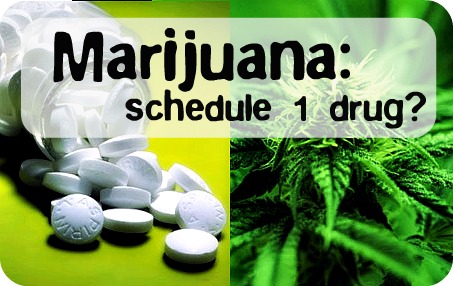Airport screening for ‘Flying while Muslim’

Editor’s note: Nafees A. Syed, a senior at Harvard University majoring in government, is an editorial editor at The Harvard Crimson as well as a senior editor and columnist for the Harvard-MIT journal on Islam and society, Ascent. She is chairwoman of the Harvard Institute of Politics Policy Group on Racial Profiling.
(CNN) — It seems that now someone called “Barack Hussein Obama” can be pulled aside and patted down merely because of his name. But while our president has the benefit of Air Force One, millions of us with a “funny name” (Muslim and otherwise) do not. Like me.
I’ve consistently faced “random” selections for extra screening at the airport after I decided to wear the hijab, or Muslim head covering. I’ve been told to take my head scarf off or have my head probed while the passengers in front of me offered pitying smiles as they rushed to their flights.
One time, the woman in front of me had a hairdo that could pose more of a security threat than any head scarf could. Muslim women wear the hijab as a symbol of modesty, to be judged not by their appearance.
The Rev. Dr. Martin Luther King, Jr. dreamed that people would be judged for “the content of their character.” However, the Transportation Security Administration is judging me and other Muslims by the way we look.
The TSA uses the hijab to profile Muslim women, and passengers can now expect a full-body pat-down, an appallingly invasive “enhanced pat-down search that could include the chest and groin, or a planned “mind-scan” that would track people’s reaction to terrorist symbols. What’s next, palm reading?
–Nafees Syed
At an airport with a full body scanner, I can have the image of my body displayed before a stranger — virtual nudity. Do they seriously have a blank check on our bodies? Of course I care about profiling partly because I’m affected. But does one have to face this issue to feel that it’s wrong? After all, it is difficult to imagine ourselves in other people’s shoes when we don’t have to.
It’s hard for me too. Especially over the past month, I’ve been shocked at the comments about my faith, and the sometimes-prejudiced support for racial profiling. Radio host Mike Gallagher said, “There should be a separate line to scrutinize anybody with the name Abdul or Ahmed or Mohammed.” Sorry Paula Abdul and Muhammad Ali, or anyone with the world’s most common name, Muhammad.
For people who aren’t affected by racial profiling at airports, imagine this: The TSA implements a new rule to counter drunken driving, which kills over 13,000 Americans every year. People who are not Muslim have to go through a Breathalyzer test before they can enter their vehicle. Muslims don’t drink alcohol and are, therefore, exempt. Ridiculous? I agree.
I know that what I am going through is just the tip of the iceberg of racial profiling in our country. Thirty-two million Americans report that they have been the victims of racial profiling. Racial profiling violates the U.S. Constitution, is ineffective and trickles down to the workplace, schools and elsewhere.
You also run into problems when you justify profiling nearly one in every four people in the world. There are Muslims of every possible race, making profiling practically futile. Fareed Zakaria said it best: “When you’re trying to find a needle in a haystack, adding hay does not help you.”
Putting ethical and pragmatic reasons aside, it’s hard to justify not caring. Even if racial profiling doesn’t affect us, it affects our friends, family members, co-workers, doctors, television personalities — the list goes on. There are some people who don’t know Muslims and are numb to realizing the effects of profiling. Therein lies the problem.
According to the Pew Research Center, people who know Muslims are less likely to have negative views of them. Co-existence is a dismal possibility unless people go to the source to find out about Islam, not skewed Web sites.
And Muslims, here’s something to think about: If your knowledge of Islam came from common stereotypes, wouldn’t you also be misinformed about the faith and its followers? The Quran says, “[God has] made you into nations and tribes, so that you might come to know one another (49:13).” So get to know your fellow Americans.
There are some Americans who think Muslims are terrorists and some Muslims who think that other Americans are willfully ignorant. Neither group deserves such a label. Psychologist Henri Tajfel, who was a Holocaust survivor, explained how we isolate ourselves into an “in-group” and facilitate discrimination of an “out-group.”
Religious profiling boxes Muslims into a category separate from Americans. We can’t accept that distinction. Let’s all think outside of the box.
It’s essential for U.S. security that airport screening be done. But we need to stop the inflation of procedures that make our society more afraid and less secure. The TSA needs to stop and evaluate methods that are more effective, less invasive, and don’t discriminate based on religion or race.





As a Newbie, I am always exploring online for articles that can help me get further ahead. Thanks a million!